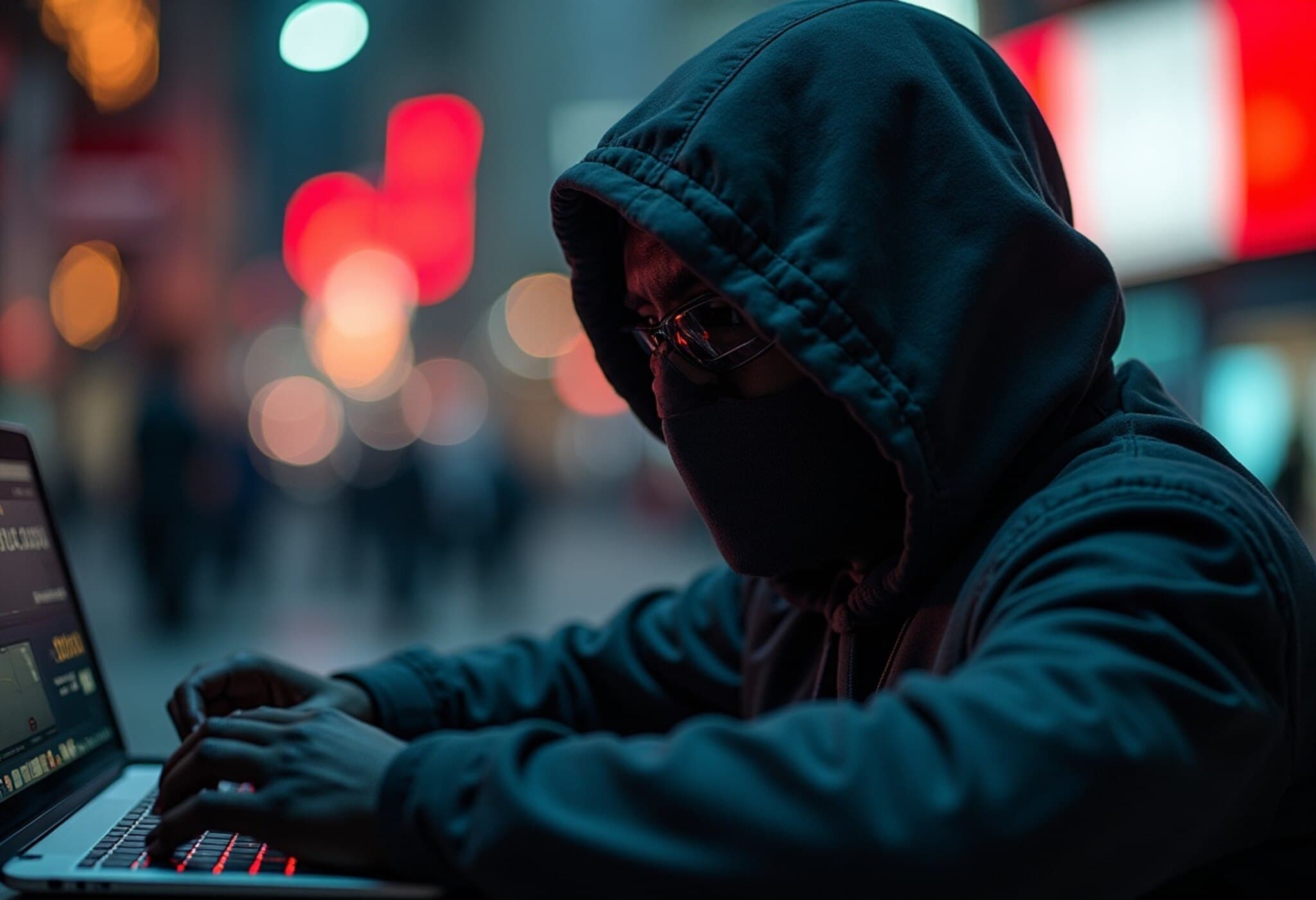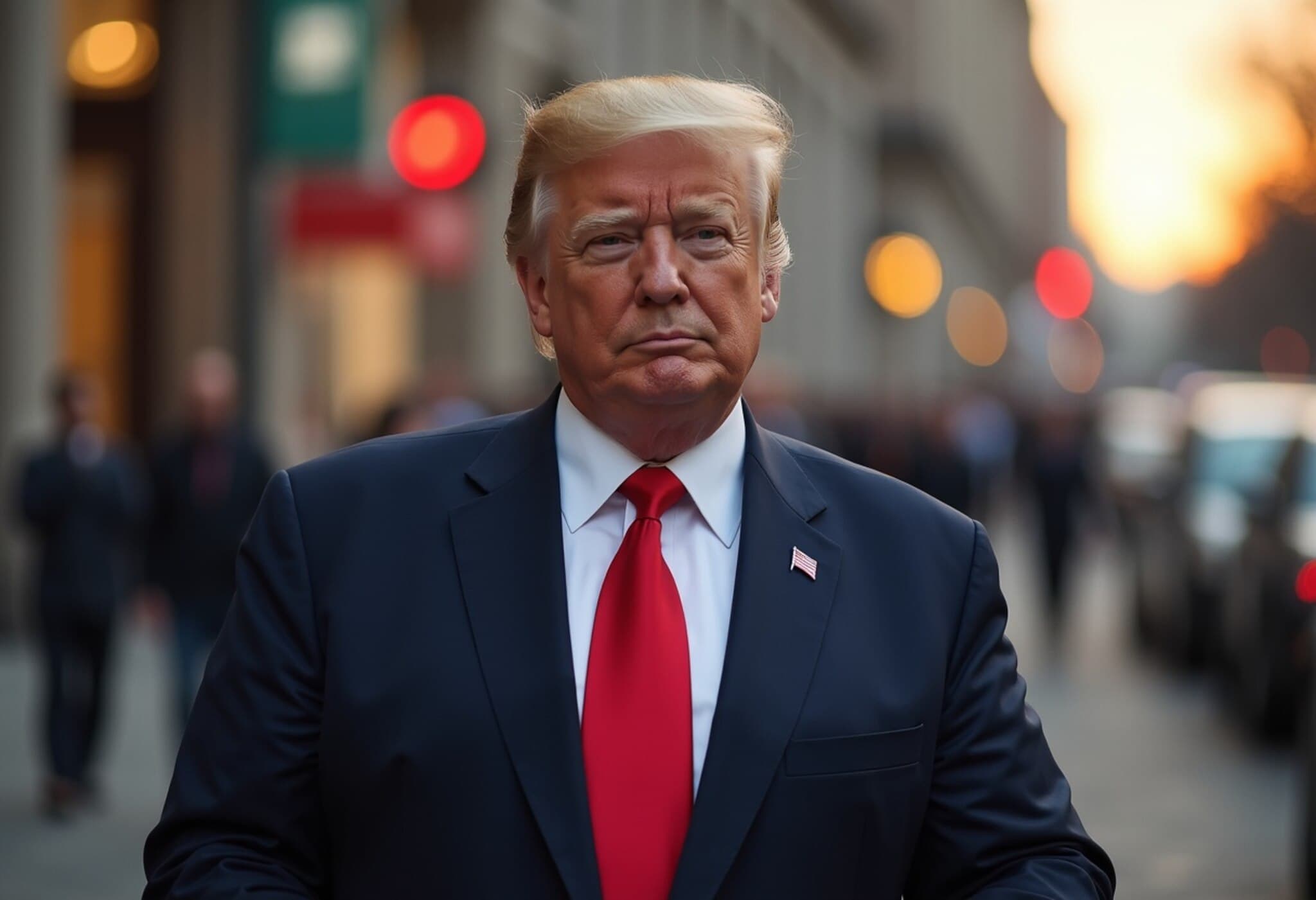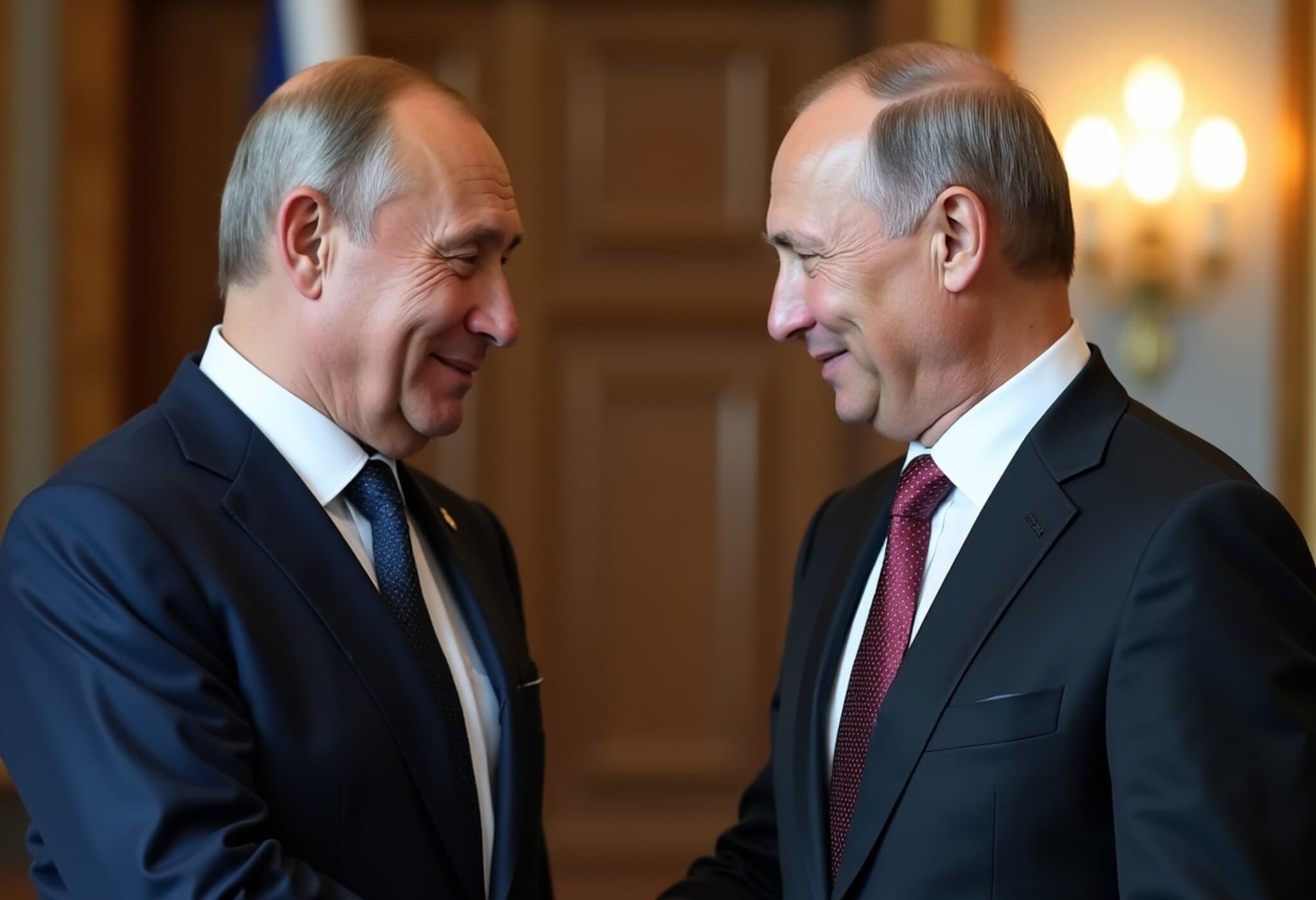Pro-Israel Hackers Drain $90 Million from Iranian Exchange
Amid rising tensions between Israel and Iran, a pro-Israel hacking collective reportedly siphoned off more than $90 million in cryptocurrency from an Iranian digital exchange. However, the hackers seem to have unintentionally rendered the stolen funds inaccessible after they were transferred to addresses without retrievable private keys.
The Hack and Its Aftermath
On June 18, the group known as Gonjeshke Darande (translating to "Predatory Sparrow" in Farsi) claimed responsibility for breaching the Iranian crypto exchange Nobitex. This attack followed their claim of destroying sensitive data at Iran's state-owned Bank Sepah just a day earlier.
Nobitex, Iran's leading cryptocurrency exchange with over 7 million users, has been reportedly linked to the Islamic Revolutionary Guard Corps (IRGC). During the hack, the attackers exfiltrated cryptocurrencies including Dogecoin, Ethereum, and Bitcoin.
Funds Rendered Unrecoverable
Following the theft, the hacked cryptocurrency was moved into a series of digital wallets bearing provocative labels referencing the IRGC. Analysts monitoring the transfers noted that the stolen assets were sent to so-called "vanity addresses" — custom cryptocurrency wallet addresses — for which the hackers apparently do not hold the private keys. This move effectively burned the funds, making them permanently unreachable.
A crypto forensics firm explained that this gesture was a deliberate political statement rather than a typical profit-driven heist. The group aimed to send a message by sacrificing the digital assets instead of cashing out.
Political Context Behind the Cyber Intrusion
The hacking spree coincides with escalating hostilities between Israel and Iran, highlighted by missile exchanges and attacks on strategic military targets. Israel is widely believed to back the Predatory Sparrow collective, though no official verification of the group's nationality has emerged.
Additionally, previous investigations have linked Nobitex to ransomware operators and individuals affiliated with Iran’s Supreme Leader Ali Khamenei, further underscoring the political sensitivity of the target.
Regional Reactions and International Stance
Amid these cyber conflicts, global actors have been cautious. The United States announced it would hold off direct involvement in the escalating Israel-Iran tensions for at least two more weeks, while Russia has cautioned Israel against attacking Iran’s Bushehr nuclear facility.
Adding to the tension, rhetoric from political leaders remains heated, with threats and warnings exchanged between the U.S. and Iran’s highest officials.
What This Means Going Forward
- The incident highlights the growing role of cyber warfare intertwined with geopolitical conflicts.
- The sacrifice of millions in cryptocurrency as a political statement marks a shift in the motivations behind such digital attacks.
- Authorities worldwide will likely intensify scrutiny of cryptocurrency exchanges linked to state actors or military groups.
As the Middle East finds itself on the edge of broader conflict, the intersection of cybercrime and politics continues to evolve in unpredictable and costly ways.












